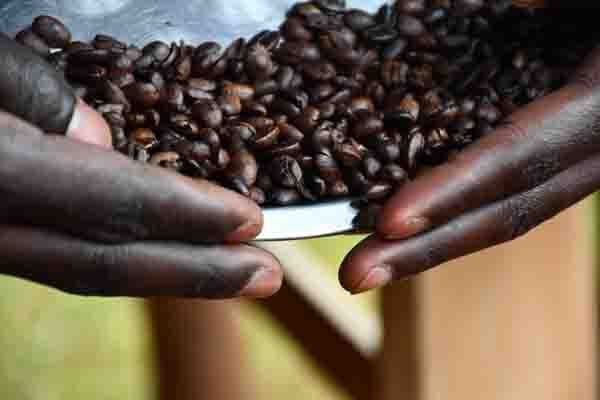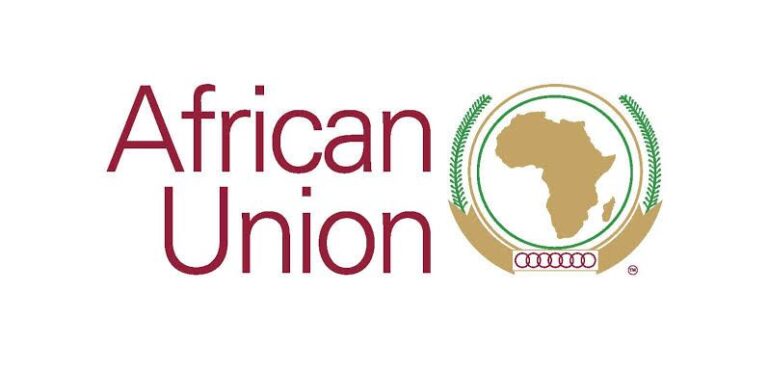The price surge and increasing global demand for cocoa in 2024 toward the subsequent year, become a wake-up call for the Nigerian government to foster the development of the cocoa industry in the country, with the aim of competing in the global market, this is coming 30 years after the government has shifted attention from the commodity and focused more on crude oil, which price is seen to be declining and cocoa price soaring.
Nigeria the 4th largest cocoa producer in the world, only behind Cote d’Ivoire, Ghana and Indonesia. Nigeria contributes approximately 6% of cocoa global supply; with smallholder farmers contributing 80% of the country’s production. The commodity is also the country’s top agricultural export.
In 2023 Nigeria exported over 366,286 metric tons of cocoa beans with revenue over $669 million the subsequent year comes a huge revenue increase of $1.8billion, this was driven by higher demand for the commodity, climate change and disruption in supply chain; all this led to the surge in price. The commodity was trading at $2000 per ton in 2023, it soared to over $12000 in 2024 a massive over 500% increase, within 3 years.
price surge of cocoa and significant increase in global demand has made trading the commodity more profitable compare to oil trade, which is currently facing lots of global challenges , with western countries advocating for energy shift, away from fossil fuels to renewable energy, for the sake of preserving the climate.
Thinkbusiness Africa previously reported the decline in oil price and the low oil production in Nigeria, the risk it poses to the country’s 2025 national budget. The 54 trillion naira budget which was projected on a daily oil production of 2.06 million barrel per day and benchmark of $75 per barrel; however, the projections appears grossly optimistic, as the year kicked off with 1.6 million barrel per day in January and has remained below in the subsequent month, also price has gone below $60 a barrel and currently trading above $65 as reported by Brent crude.
The revenue challenges and global barriers associated with crude oil trade, has led the Tinubu administration into looking for means to diversify the economy away from oil revenue, which made administration start looking back at cocoa production, which the country turned away from, decades ago.


Recently, the federal executive council drafted a bill for the establishment of the national cocoa management board (NCMB) to revitalize and regulate Nigeria’s cocoa sub-sector for enhanced economic development. This bill is currently on its way to the national assembly for enactment.
This is president tinubu’s plan to reposition Nigeria as a giant cocoa powerhouse and ensure the prosperity of local cocoa farmers.
According to abubakar kyari, the minister for agriculture and food security, he said the NCMB will rehabilitate old plantations, develop new ones and provide soft credit facilities to support farmers. For the government, the major aim is to create a sustainable cocoa economy to drive significant revenue for the country while massively creating jobs and contributing to the GDP. “the NCMB is designed to create a sustainable cocoa economy that contributes significantly to our GDP” kyari stated.
“it will drive increased domestic consumption, industrialization, youth participation and higher foreign earnings” the minister added.
Cocoa board?

This isn’t the first time the country is having a board to oversee the development in the cocoa industry, the then cocoa board of 1986 was a part of wider economic reforms to deregulate cocoa and produce industries in the country, as part of condition for IMF loans, however farmers and stakeholders hated the board for its influence over the price of the commodity. Most cocoa farmers saw the board as an enemy to their progress.
In a very recent interview with tribune newspaper, Oba Dokun Thompson the founder of international cocoa diplomacy (ICD) expressed that, the NCMB drafted by the FEC is very important for the development of cocoa industry in the country, he highlighted that, the industry has suffered greatly over the past 40 years without a central body to back it’s development progress. Stating the creation of a new board will enable the commodity industry “work well within” international regulatory bodies.
“Now, the board will be able to work well within ICCO,UNCTAD,ITC,etc with a more concise approach for the well defined and measurable goals” he highlighted.
For Mr. Thompson, he sees NCMB as a game changer for the commodity industry, highlighting that Nigeria is in the best position to showcase to the world how revenue from cocoa production can benefit all citizens and boost economic growth. “in short this bill will bring about the transformational power of cocoa in every sense of it” Mr. Thompson noted.
EUDR: agricultural export barrier.

Cocoa exports significantly contribute to Nigeria’s foreign exchange earnings, being a major non-oil export, the commodity contributed 2.62% to Nigeria GDP in 2024.
Netherlands, Italy, Germany, Belgium, Malaysia and Indonesia; are Nigeria’s biggest cocoa buyers, however there’s often traceability barriers from European Union (EU) on agricultural exports, the EU are washing their washing their hands away from environmental degradation across the globe; hence the need to setup laws like the EUDR.
The European Union Deforestation Regulation (EUDR), are set of rules designed to ensure that goods traded and consumed in the EU do not contribute to deforestation and forest degradation. It covers key commodities like cocoa, coffee, cattle, palm oil, rubber, soy, and wood, as well as many derived products. The EUDR aims to reduce the EU’s impact on global deforestation and forest degradation by requiring companies to demonstrate that their products are free from recent deforestation.
Mr. Thompson expressed that, the NCMB will strengthen framework that will comply with the EUDR standards, so Nigeria won’t have any problems exporting agricultural commodities. He further talked about a plan to transition cocoa farming in Nigeria to organic cocoa production to aid sustainability.
“There is also the plan to transition from conventional cocoa to organic cocoa and with the Board in place, the country can now work towards achieving this within a five to eight years period with a large percentage of our projected output being organic, traceable and sustainable.” He noted.

NWALI CHIDOZIE MICHAEL












